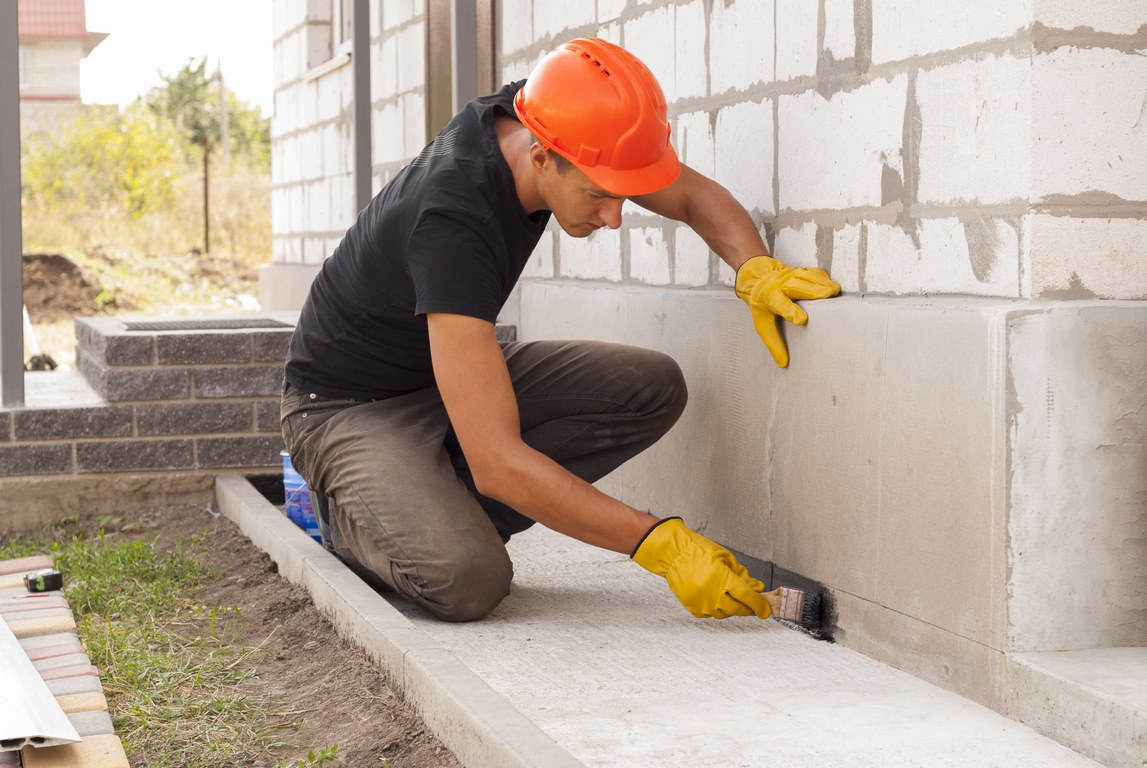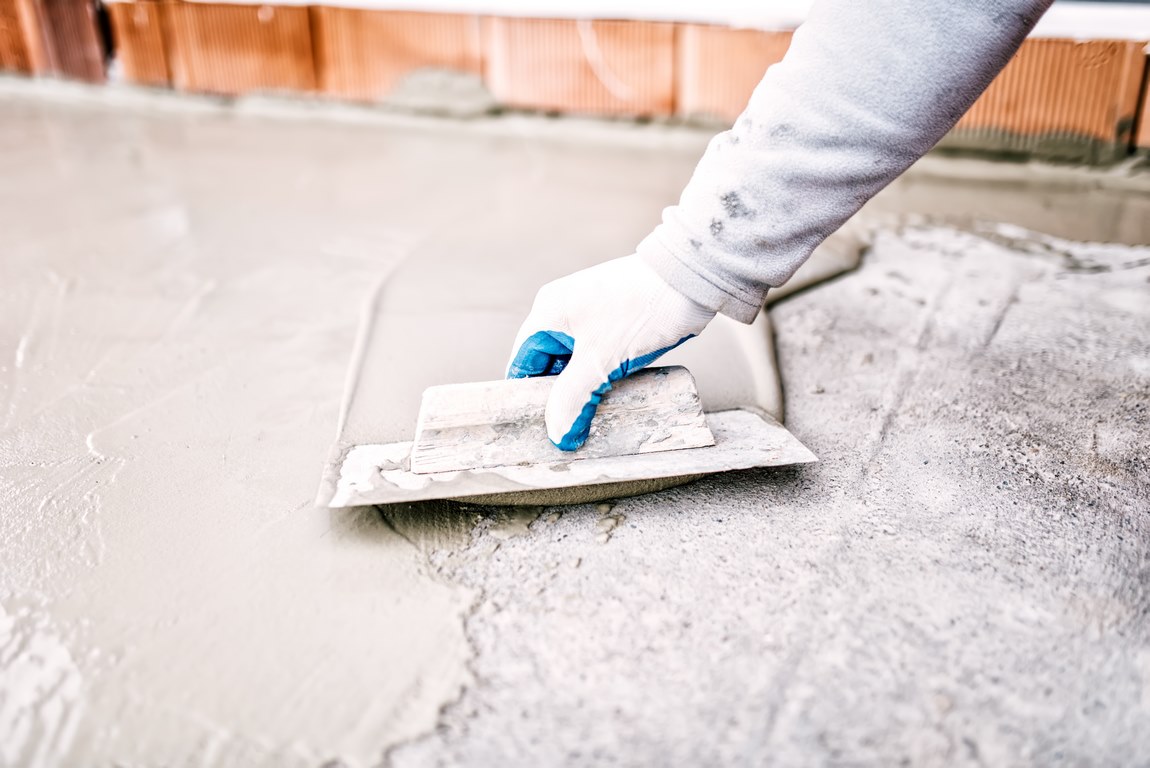Almost every home today has a basement. It’s one of the versatile rooms in a home that you can instantly transform to meet your needs. Notwithstanding this fact, however, there’s no denying that basements are also at a high risk of floods.
Especially when you live in a flood-prone area, you might consistently be worried about how your basement is going to be fair. If you aren’t careful and proactive enough, you could lose your basement to the dire effects of flooding.

This is where the promising effects of waterproofing come in. When done correctly, you’re giving your home all the protection it needs against water damage. This extra step of protection in your home allows you to enjoy your basement more as a useful and added square footage to your home.
With that in mind, here are three do’s and three don’ts of basement waterproofing, so you won’t ever have to worry about the flood season, ever again.
The Do’s
To start with, here are the must-do’s when undergoing basement waterproofing.
1. Do A Frequent Assessment of Your Basement’s Condition
One of the proactive measures you have to take before even waterproofing it is to regularly assess your basement’s condition. During those checks, be sure to see that you’re giving an overall careful look at your basement’s surface area. Look for any potential problem areas, such as:
- Pools of standing water;
- Water stains;
- Signs of condensation;
- Cracks in the floor and walls.
Once either of those signs appears, that should be enough signal to you that going through basement waterproofing is a must.
2. Do Clean Your Gutters Regularly
Okay, so this is about waterproofing your basement. What have the gutters got to do with it? A lot, actually. If your gutters aren’t cleaned regularly, they can’t do their job of redirecting rainwater to the pipes. The debris can keep the gutters overflowed or crowded, thereby leading the rainwater to the basement instead.
It may seem like extra work on your part. But it will make waterproofing your basement a lot easier when your gutters are well-kept and well-maintained.
Read Also:
3. Do Fix Your Downspouts
Along with keeping your gutters cleaned, your downspouts should be given proper attention as well. They should be well maintained, without any cracks and holes. If you need the help of plumbers, call them too, to ensure that the running water is led in the right direction.
The danger of having broken downspouts is that they can cause water to seep through your home’s foundation. In effect, your basement is at a higher risk of flooding.
The Don’ts
Now that you’re aware of what you should remember to do when basement waterproofing, here’s a list too, of the things you must never make the mistake of doing.
1. Don’t Ignore Any Leaks
It’s typical for any homeowner to ignore leaks especially when they’re still minor and don’t seem to be much of an issue. You’ll want to change that habit, however. Even the smallest leaks shouldn’t be ignored. Perhaps you may think of that leak as a one-time thing or a small damp space that’s not enough to signify a serious problem in your basement.
When you make that mistake, however, you’re increasing the chances of your basement falling victim to floods. In fact, the simple leak may grow massive to the point that it’ll be more expensive to fix it.
A good rule of thumb to follow is to always pay attention even to the smallest leak you’ll notice.
2. Don’t Use Do-It-Yourself (DIY) Sealants
If you love to do DIY in your home, then perhaps this may be bad news for you. While it may be tempting to use DIY sealants, this may not do a job as efficiently as one done by the experts. So, if you really want to keep your basement waterproofed the entire year-’round, let the experts do their job.
At its best, DIY sealants are only temporary relief. They can wear off quite easily, unlike the more permanent solution that can be done by the experts.
3. Don’t Ignore the Spaces Beyond the Basement
The core focus of waterproofing is your basement. But, this doesn’t mean you should ignore all the other spaces beyond your basement. Remember that your basement is only a part of the whole house. It’s a whole system that includes your downspouts, gutters, foundation, and roof.
Because all of those parts matter, you need to hire a pro. That way, you have someone who can look at the whole picture and apply waterproofing solutions to the root of the problem.
Conclusion
Once the weather starts to get rough, the part of your home that’s most susceptible to damage is your basement. After all, it’s submerged in the lowest part of your home. This is the reason why taking the extra step of waterproofing your basement helps significantly.
Basement waterproofing can keep it dry and well-protected. You can free yourself from any water-related problems, for as long as basement waterproofing is done right. Be mindful enough to remember the dos and don’ts above.











